Can Oslo’s Failed Aid Model Be Laid to Rest?

The Oslo Accords not only left the Palestinian people much worse off politically; they also devastated the economy of those living under Israeli occupation despite the $23 billion-plus that donors have poured into the territory. What’s worse, Wildeman and Tartir found no signs of a change in donor policies in their recent study.
PA Industrial Zones: Cementing Statehood or Occupation?
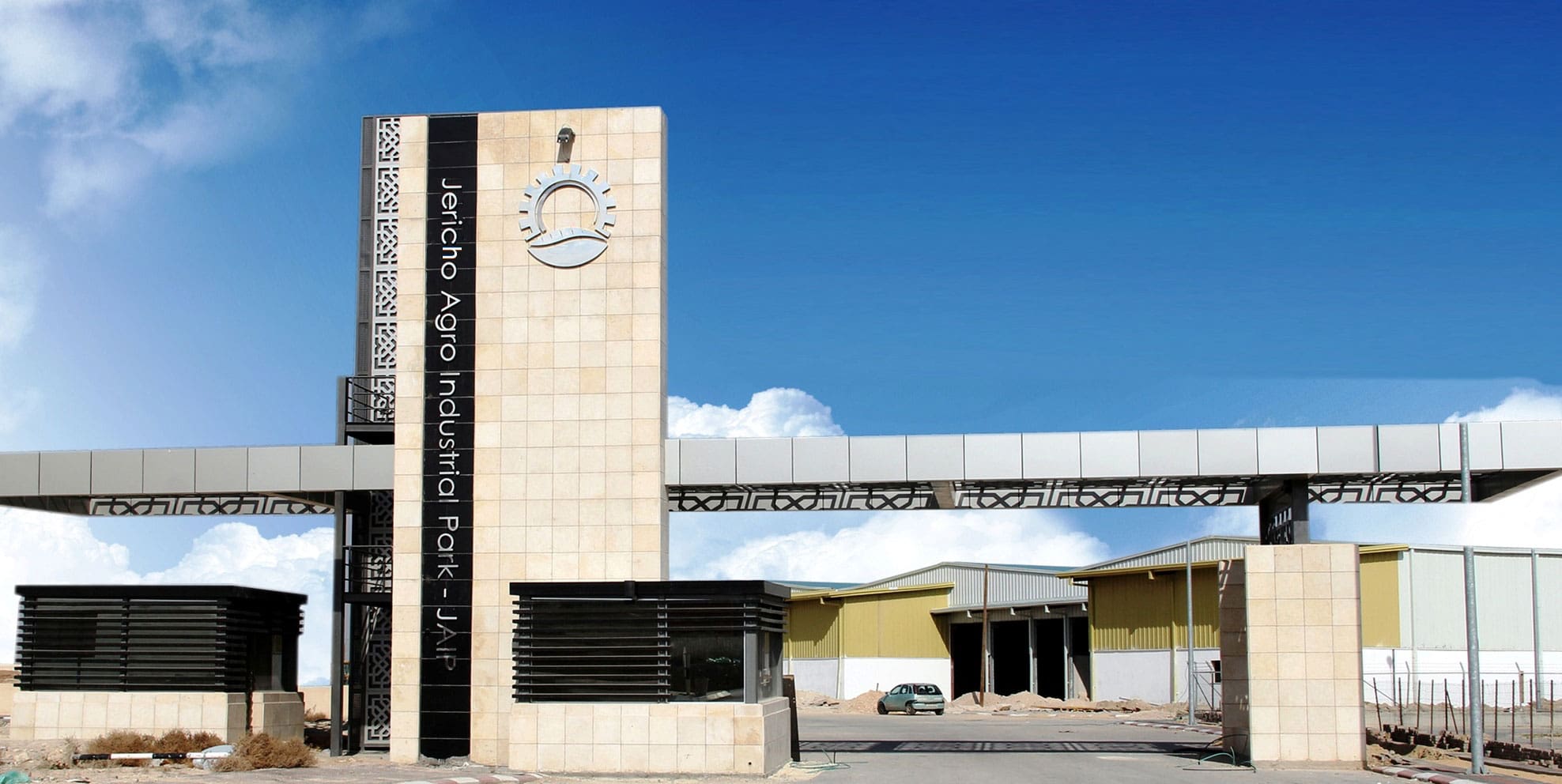
Industrial zones are criticized in the Arab region and beyond. The problem is much worse in the occupied Palestinian territory because the zones help Israel “normalize” its occupation, as Al-Shabaka Programme Director Alaa Tartir sets out in this trenchant commentary. He calls on the Palestinian youth movement and civil society to use the issue in a call for a completely different approach to development under occupation.
Persistent Failure: World Bank Policies for the Occupied Palestinian Territories
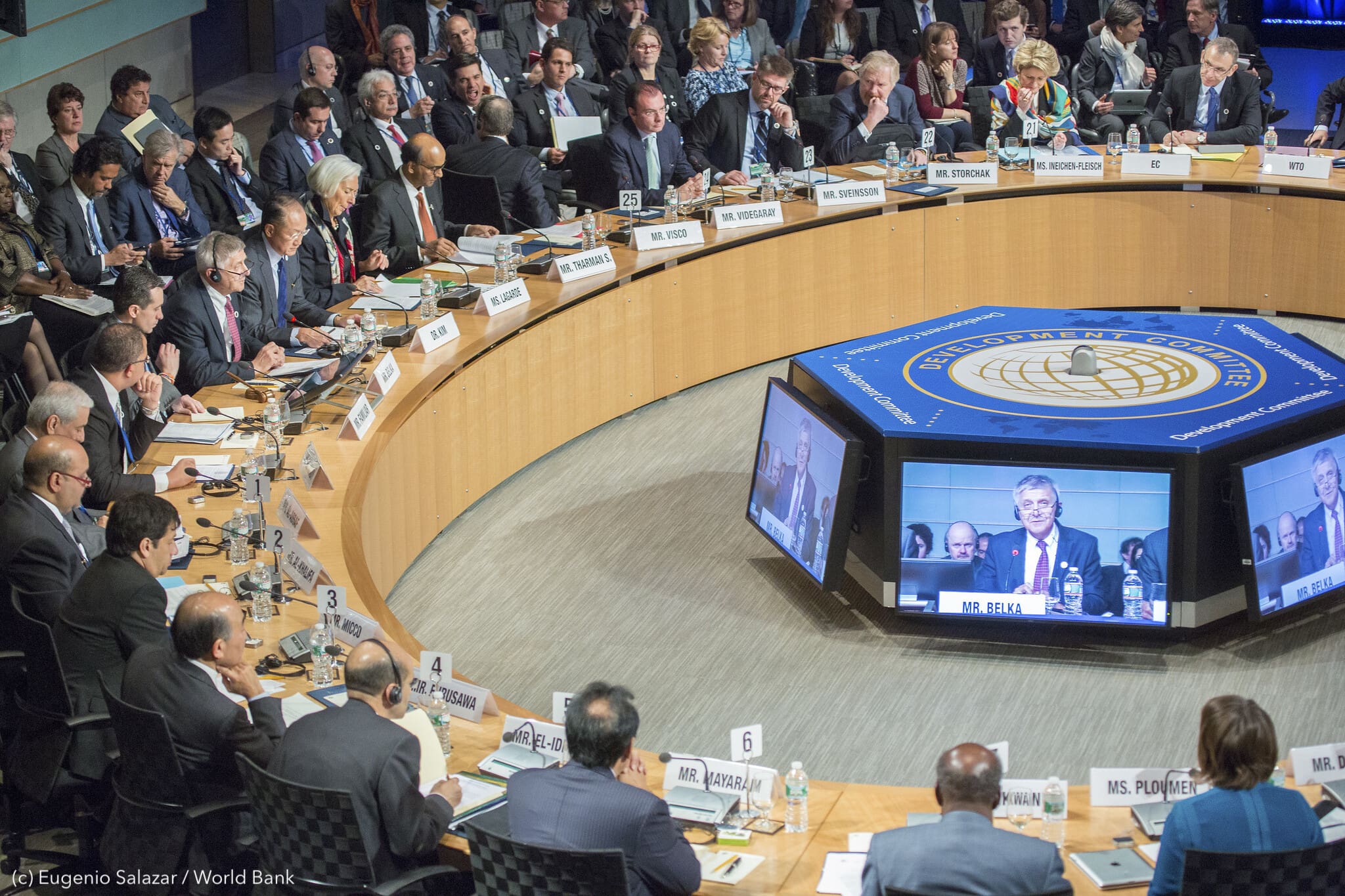
The recent World Bank growth report frankly concludes that the Palestinian economy is fragile and dependent on foreign aid: No surprises there. Far more surprising – not to say shocking – are the Bank’s irrelevant and sometimes harmful recommendations, as Al-Shabaka Program Director Alaa Tartir and Guest Author Jeremy Wildeman reveal in this compelling analysis. The Bank’s prescriptions are all the more worrying given the influence it exercises over the donor community’s approach to Palestinian development.
“Oil. Religion. Occupation. … A Combustible Mix.”
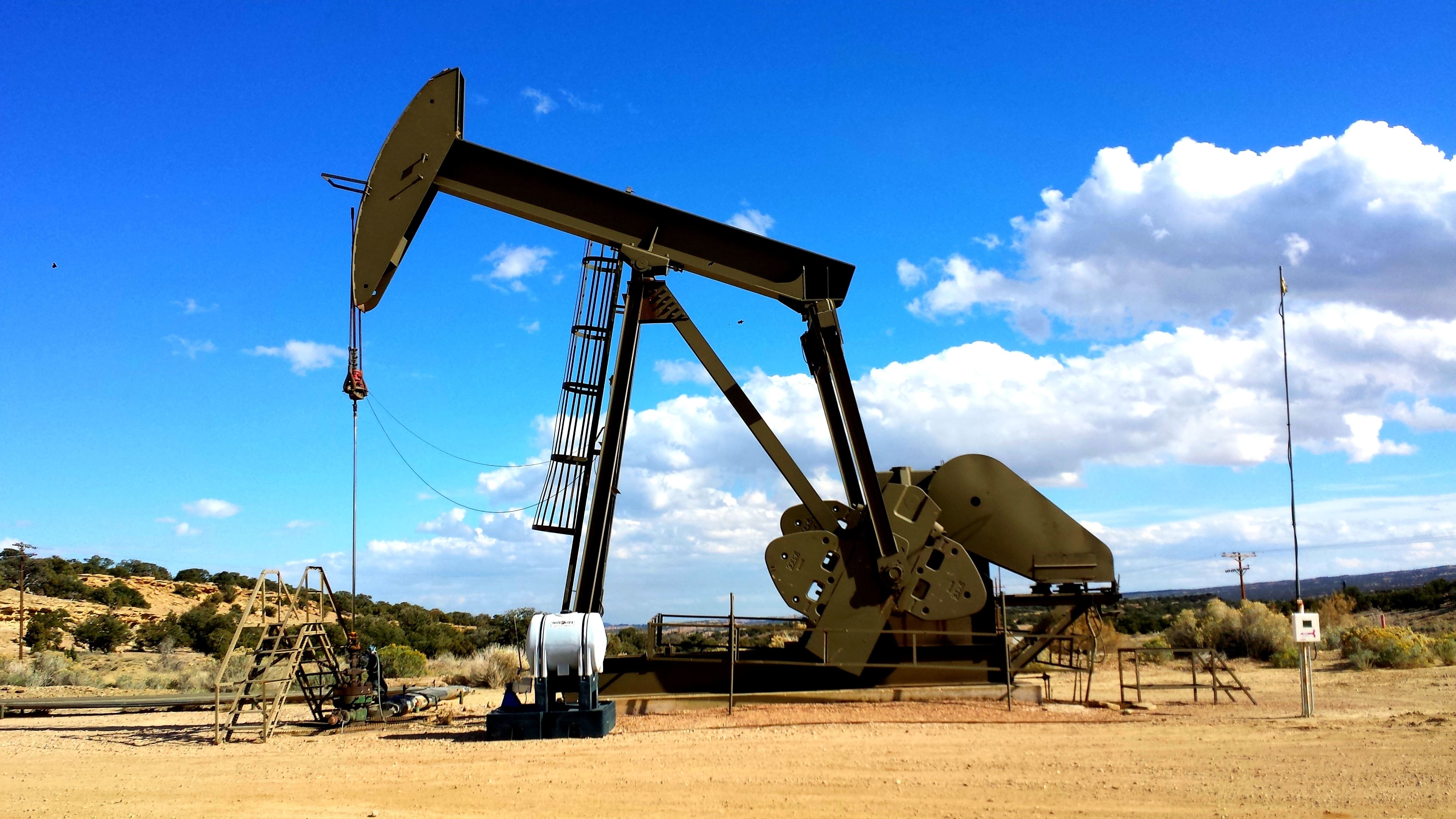
Al-Shabaka Policy Advisor Victor Kattan secured the release of new documents under the United Kingdom’s Freedom of Information Act. One revelation is that Israel may already be exploiting oil in the occupied Palestinian territories. As one official noted, this will make it even harder for Britain to justify aid for a land that could be self-reliant if it were free – further evidence of the need to push for an end to Israel’s occupation not pay for it.
Farming Palestine for Freedom
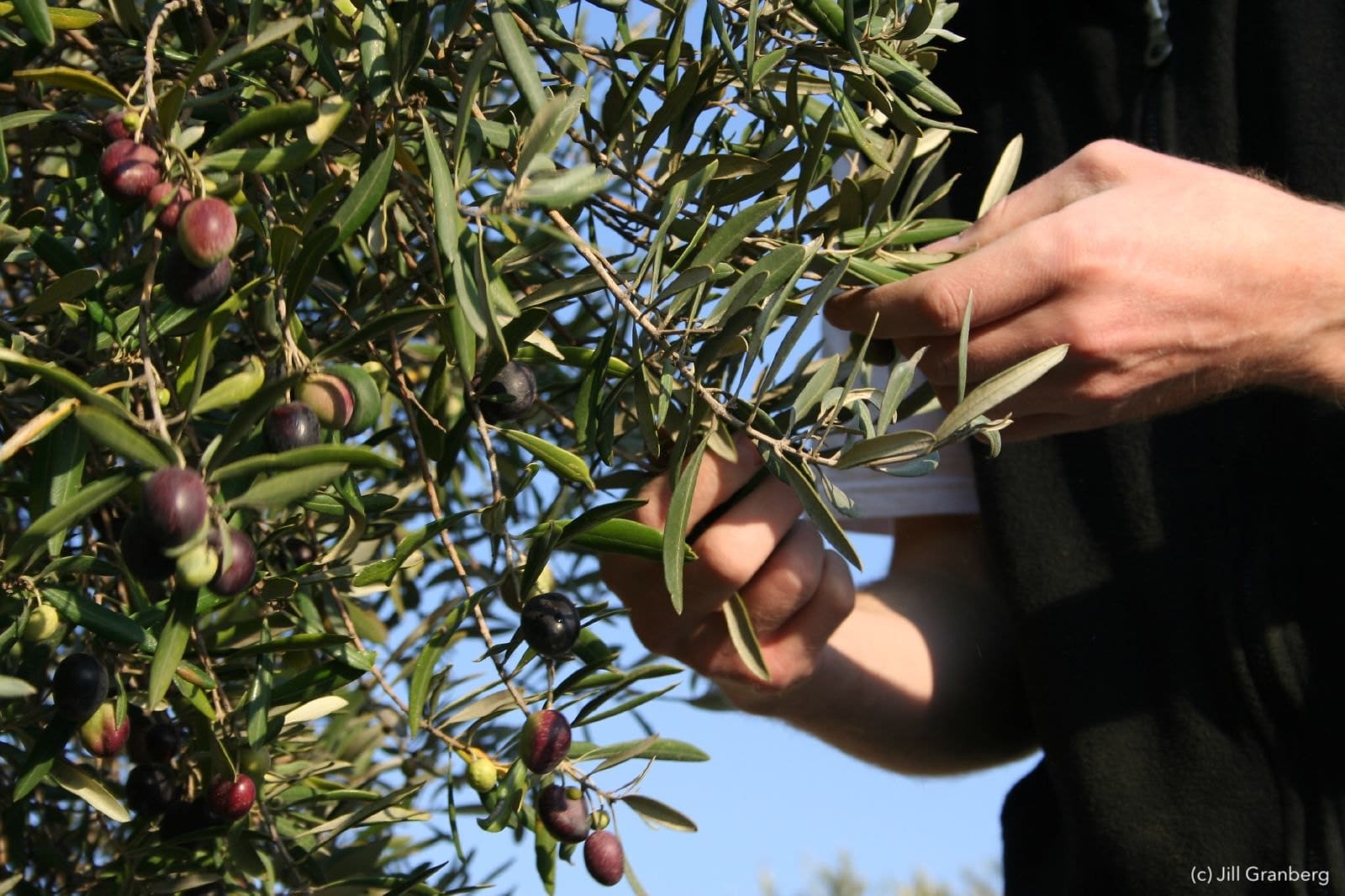
For Palestinians, agriculture is more than a source of income or an economic category in budgets and plans. It is tied to the people’s history, identity, and self-expression, and drives the struggle against Israel’s Separation Wall. In this brief, Lebanese activist, author, and agronomist Rami Zurayk joins Al-Shabaka Policy Advisors Samer Abdelnour and Alaa Tartir to tackle the almost spiritual significance of the land to the Palestinians and the deliberate Israeli efforts to break the link between farmers and their crops. Click below for the full brief or read the executive summary.
The Gas Fields off Gaza: A Gift or a Curse?
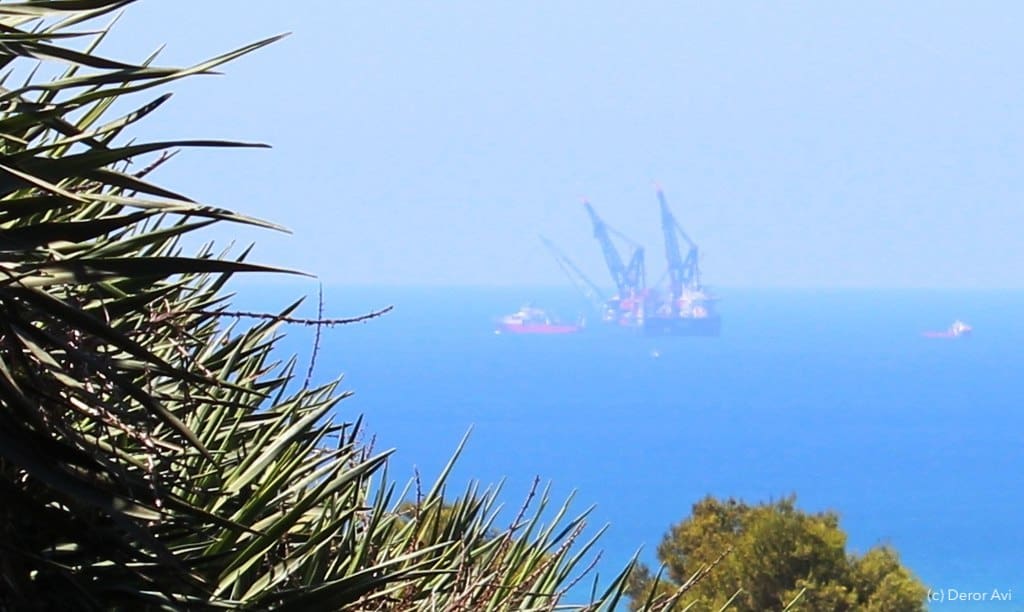
The Egyptian-Israeli gas deal has come unstuck, partly due to the artificially low price Israel was paying for it. Will this help the Palestinians, whose gas fields off the coast of Gaza remain undeveloped and hostage to Israeli demands to be sold at ludicrously low prices?
Defeating Dependency, Creating a Resistance Economy
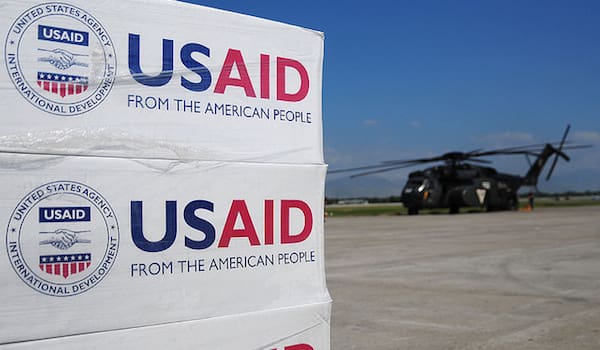
In an important recent piece – Economic Hallucination – Ramallah-based Al-Shabaka policy advisor Sam Bahour exposed the charade played by both Western donors and the Palestinian Authority (PA) to cover up the occupied territory’s inexorable economic meltdown after decades of Israeli military occupation. Arguing that the combined donor-PA approach poses major obstacles to freedom and rights, Bahour concluded: “It’s time for a new economic model, one built on economic justice, social welfare, solidarity, and sustainability.” What would such an economic model look like and how can Palestinians living under occupation move from today’s grim reality to an economy that sustains the quest for self-determination? Al-Shabaka policy advisors Alaa Tartir and Samer Abdelnour join Bahour to debate these questions and explore alternatives.
Unmasking “Aid” After the Palestine Papers
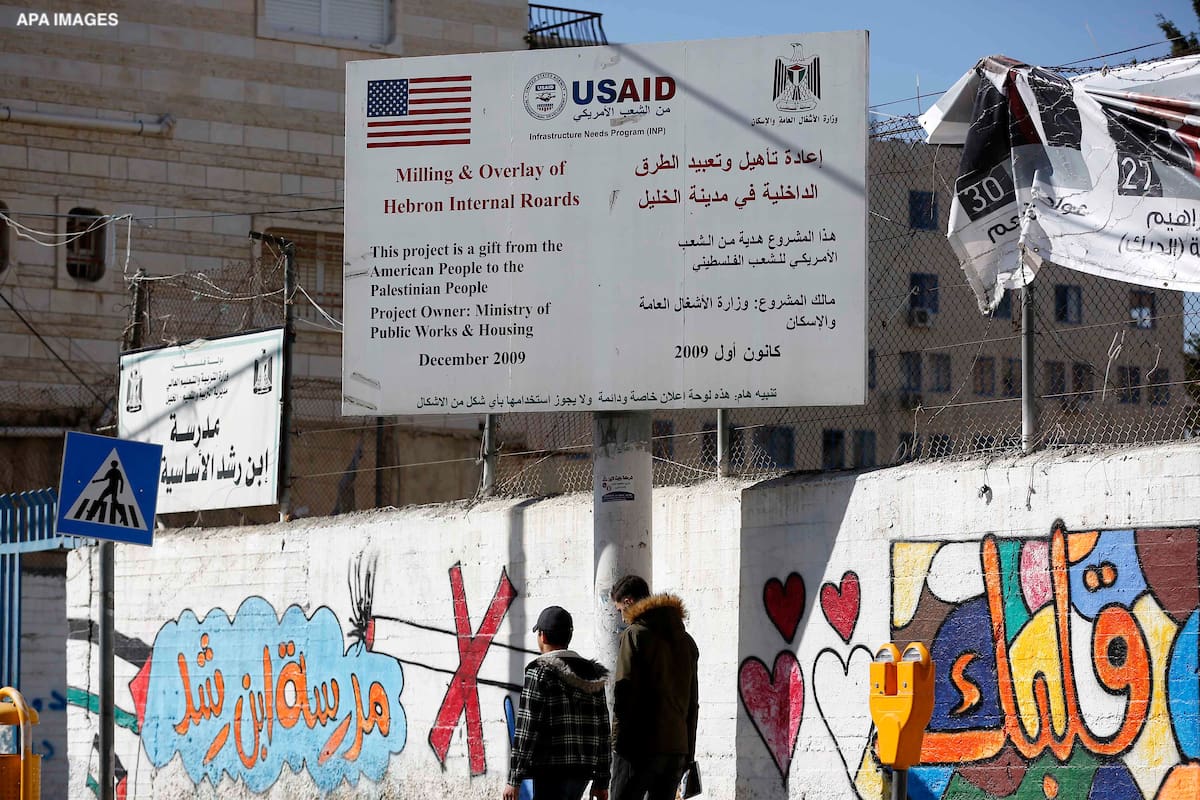
In the second Al-Shabaka commentary on the “Palestine Papers,” Al-Shabaka Policy Advisor Samer Abdelnour examines the integral role played by the aid industry in ensuring the de-development of the Palestinian economy.
A New Model for Palestinian Development
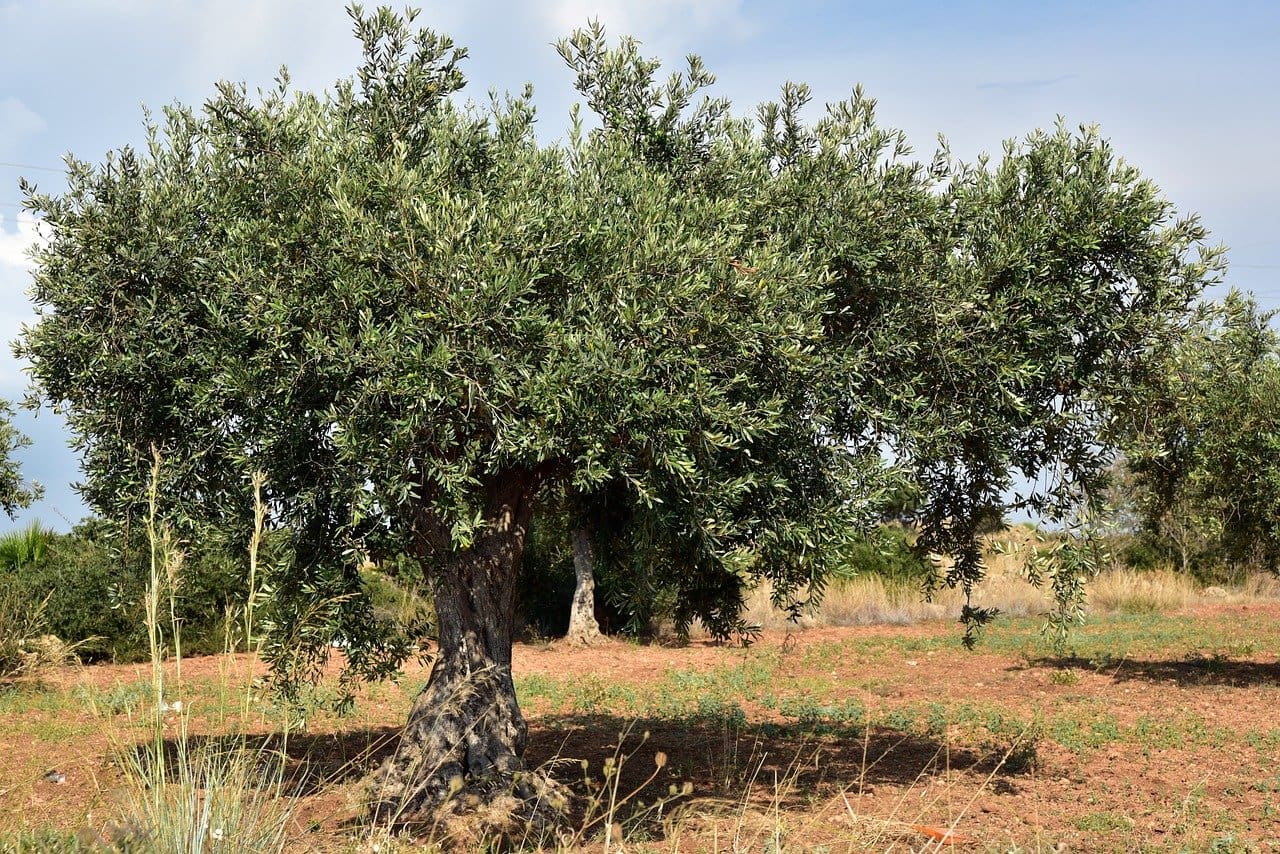
Politically-motivated aid for the occupied Palestinian territories has ostensibly promoted “development” and “reconstruction” while indirectly supporting Israel’s policies of occupation and Palestinian de-development. The result: a steady increase in Palestinian poverty rates, ongoing Israeli expropriation of Palestinian lands and resources, and the continuing blockade of Gaza. Al-Shabaka Policy Advisor Samer Abdelnour argues that Palestinians need a drastic change in development approach.






